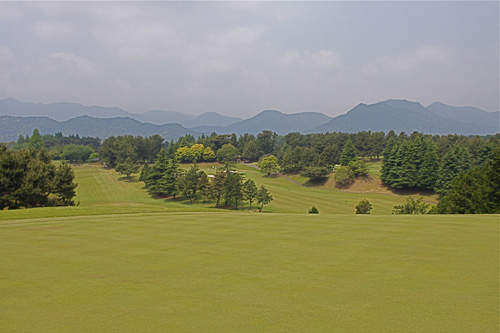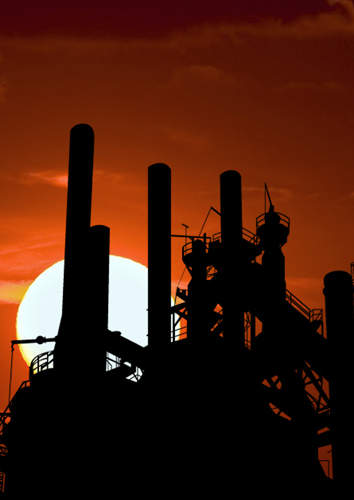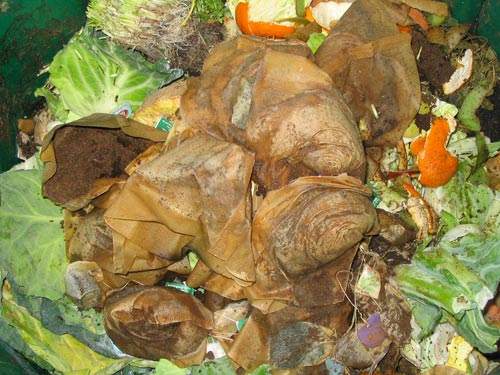In November 2009, Ireland’s largest state-of-the-art waste management facility was inaugurated by Natural World Products (NWP). The new facility is located in West Belfast on a 13.7-acre site, which was earlier occupied by the former Glenside Quarry. NWP, a company specialising in recycling activities in Ireland, built the new facility at a cost of £6m.
NWP started construction of the plant after winning a 15-year recycling contract worth £75m. The contract was awarded by a group of 11 local authorities known as Arc21. NWP will also construct two transfer facilities at Co Antrim and Downpatrick at Co Down as part of the deal. NWP already operates three recycling facilities at Belfast, Keady and Portadown in Ireland. With support from the government, local councils and the local community, NWP expects the new facility to boost its recycling activities in the region.
The new facility will produce compost by recycling about 60,000t/y of bio-waste such as food waste and garden clippings accumulated from homes in Belfast and Northern Ireland. The bio-waste is being diverted from landfill.
The compost produced by the facility will be sold in garden centres and as top soil for Ireland’s foremost golf courses. NWP will sell the compost under the name Rosey Lee Compost. The company is planning to expand the sale of Rosey Lee Compost once the production volumes at the new facility are increased.
Construction of the new facility is expected to generate about 12 new jobs.
Natural World Products’ recycling plant financing
Northern Ireland’s Department of the Environment, through the Waste & Resources Action Programme (WRAP), provided a grant worth £1.5m towards the capital costs of constructing the new facility.
The grant provided by WRAP was the biggest of its kind awarded in Northern Ireland at that time. WRAP works closely with businesses and consumers and encourages them to recycle and make more efficient use of materials.
Recycling plant technology
The new recycling facility will use state-of-the-art Dutch technology, known as in-vessel composting, to process the bio-waste collected. The technology involves a sealed process with strict environmental control to accelerate the composting process. About 600t of waste can be processed at a time using this technology.
One of the main advantages of the technology used in the new facility is complete control over the process. Weather can have an impact on the way the bio-waste is processed. The Dutch technology provides total control over the temperature and the odour. As a result, the entire process is much more environmentally friendly.
Compared to conventional composting techniques, the compost is broken down faster by the technology. While the conventional system takes four weeks to process the bio-waste, the process at the new facility takes just one week. Faster processing is also expected to increase NWP’s recycling capacity in Ireland.
The Belfast facility will produce compost, which will meet the BSI PAS100 standard specification for composted materials. The standard ensures that compost is of consistent quality and safe to use.
Belfast recycling plant benefits
The Belfast facility is expected to help in reducing carbon dioxide (CO2) emissions in Northern Ireland by 25,000t. This will translate into removing 6,000 cars from the roads every year.
The new facility will also help meet the statutory targets set by Northern Ireland. These targets include reducing the quantity of landfilled biodegradable waste to 50% of 1995 levels by 2013 and by an additional 35% by 2020. The EU has also set stringent recycling targets, which will require the country to explore various recycling options.
Future plans
NWP is planning to invest in more recycling facilities in Ireland as further opportunities arise. The Irish Government has already declared that it will initiate an incineration levy and increased landfill tax in 2010.
With the increased levy and stringent EU recycling targets, operators across Ireland will have to look at various recycling options, which will translate into new opportunities for NWP.






